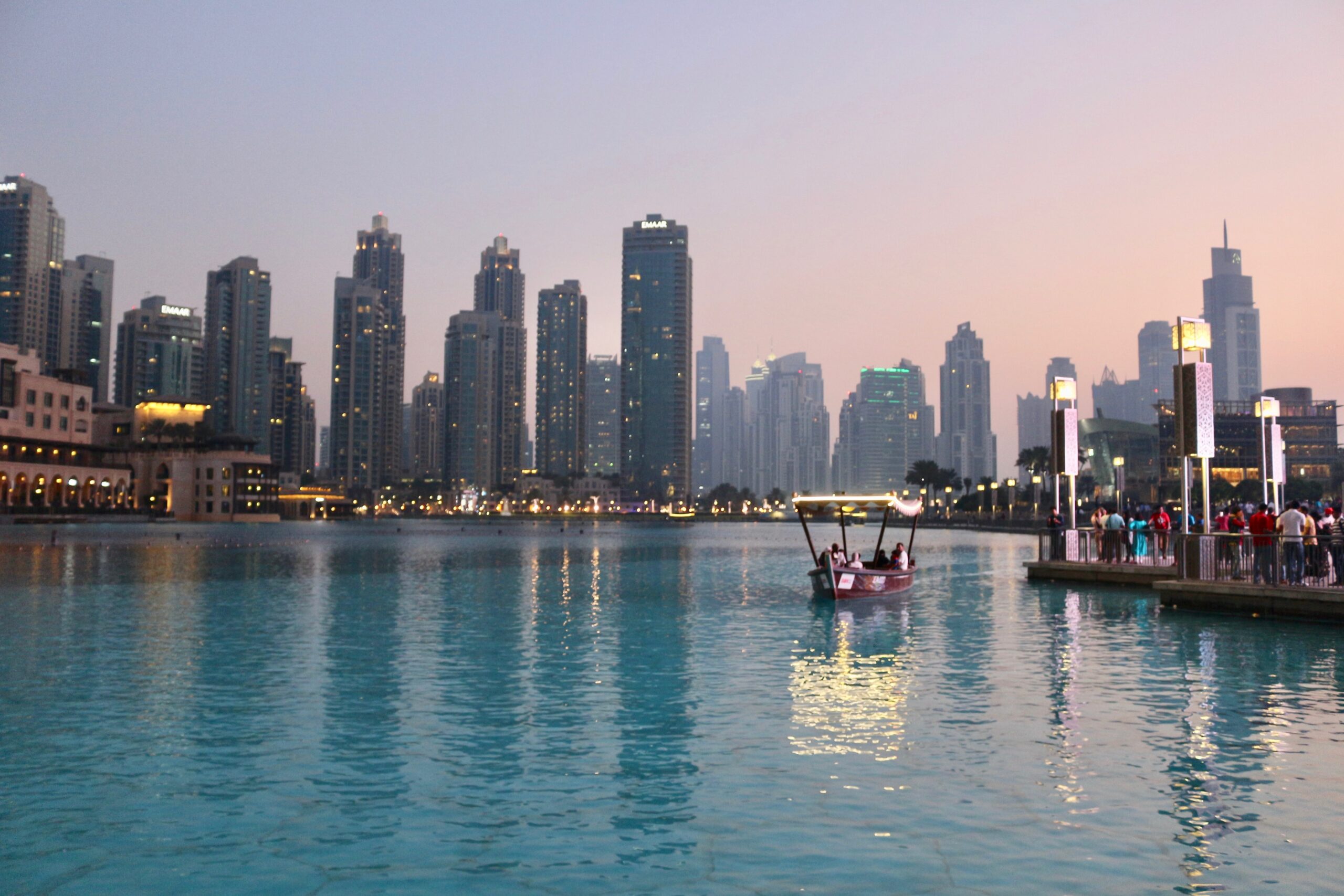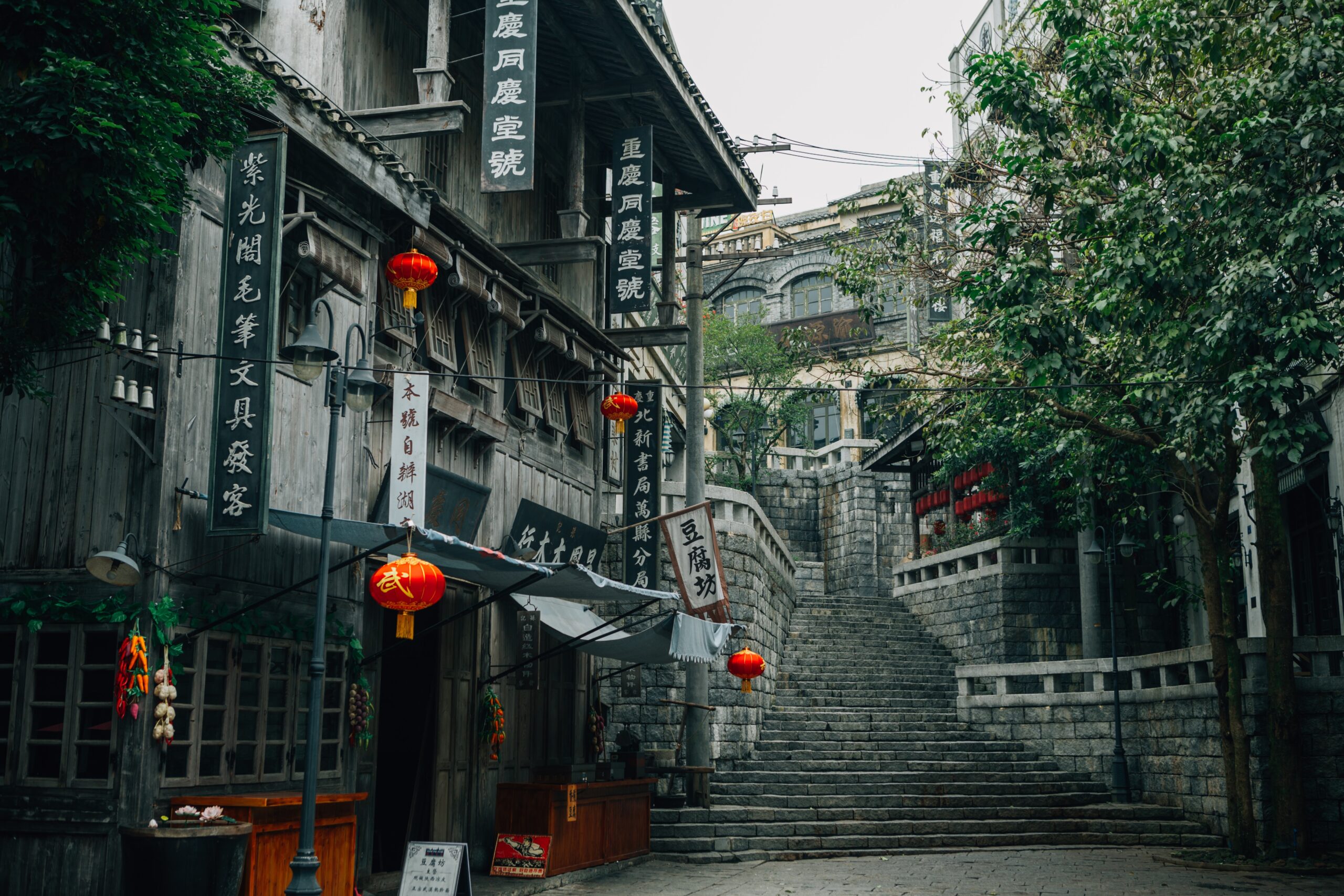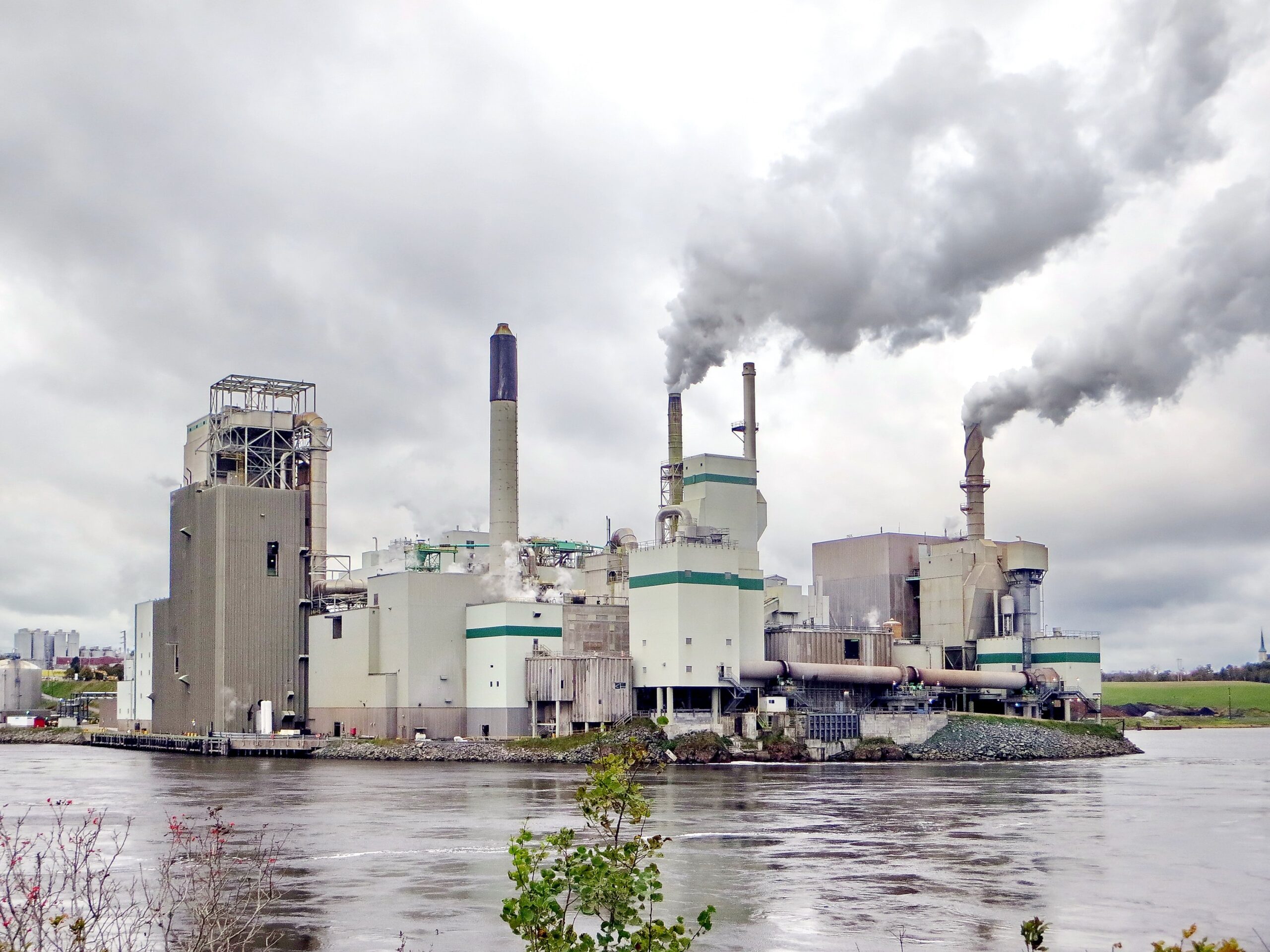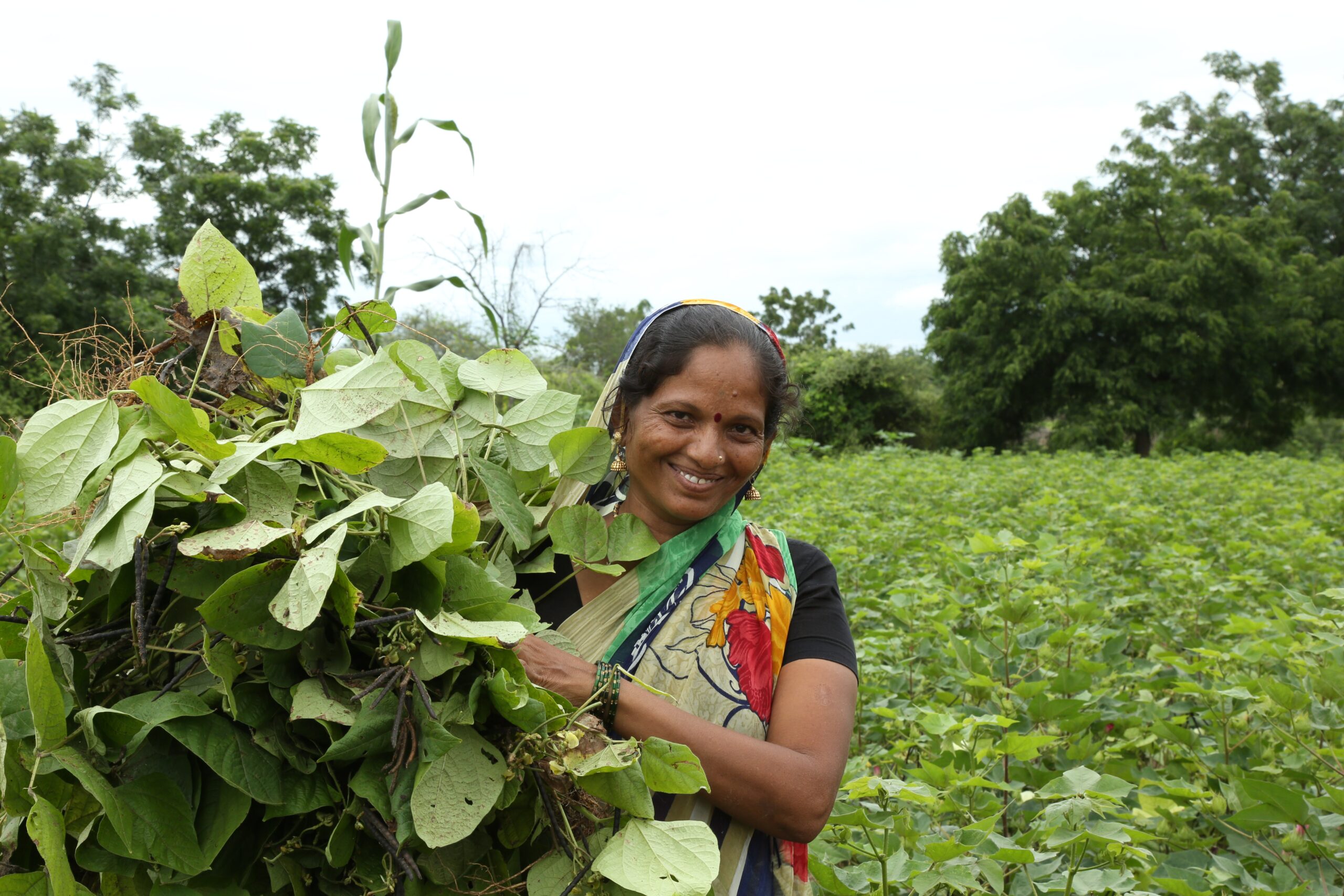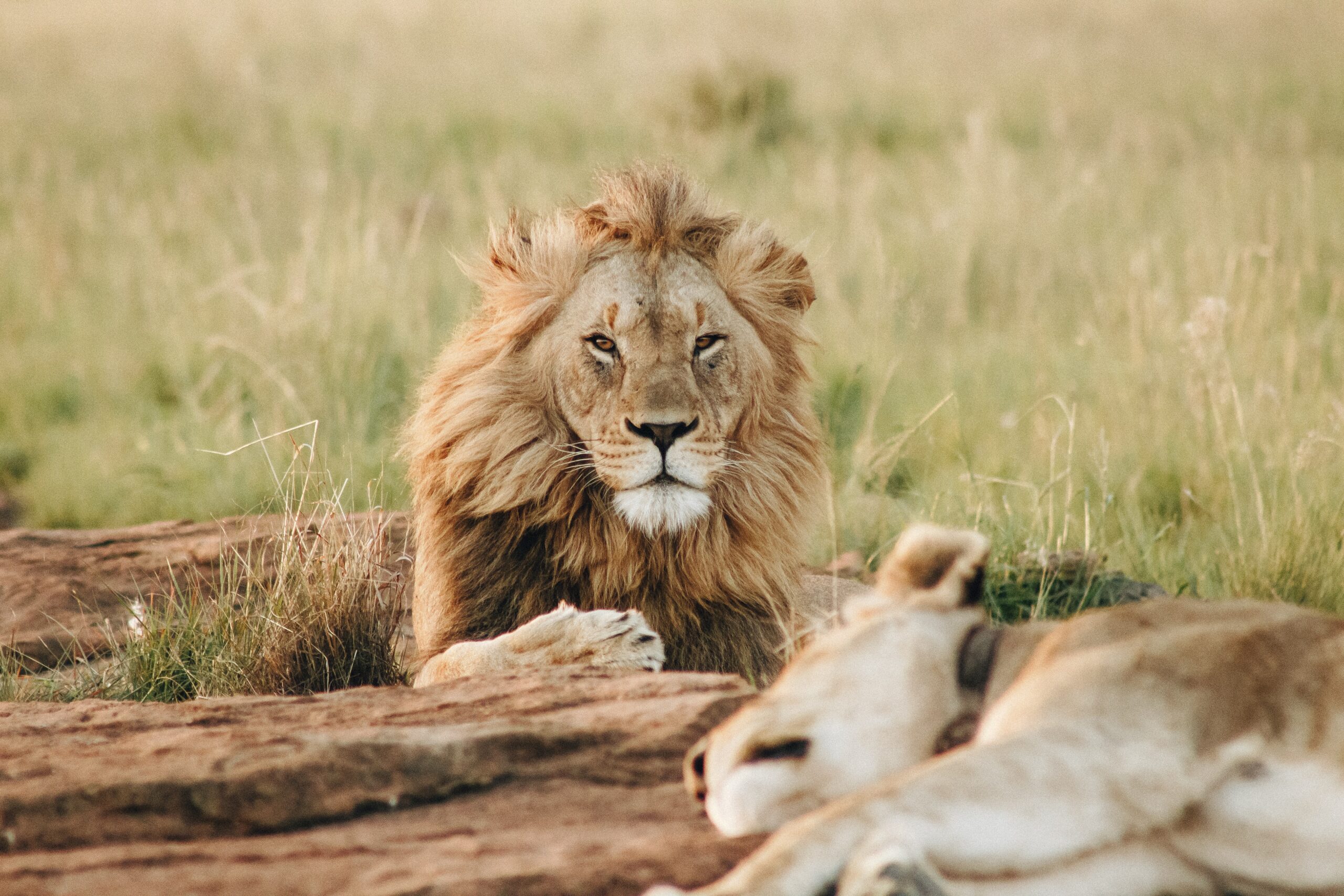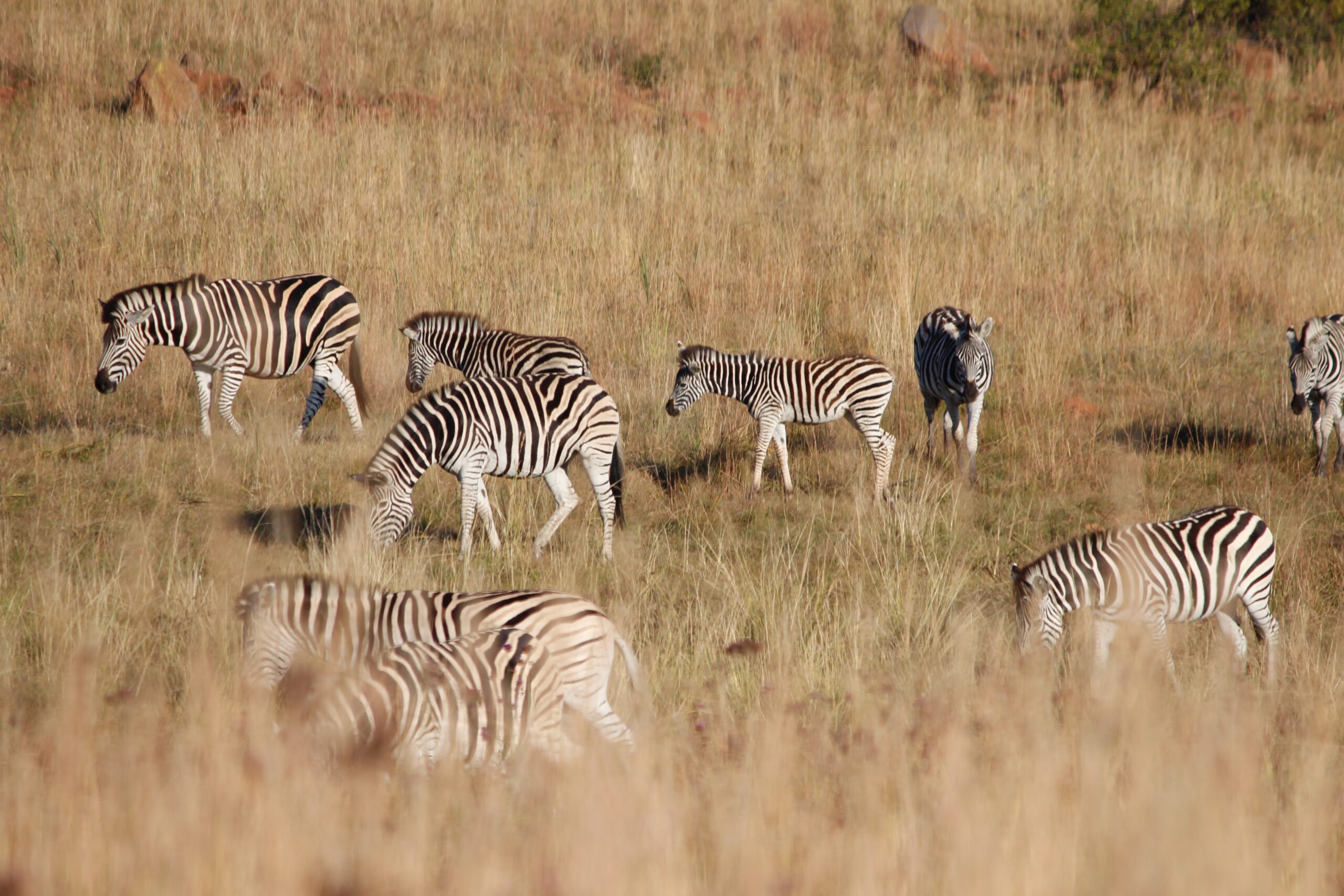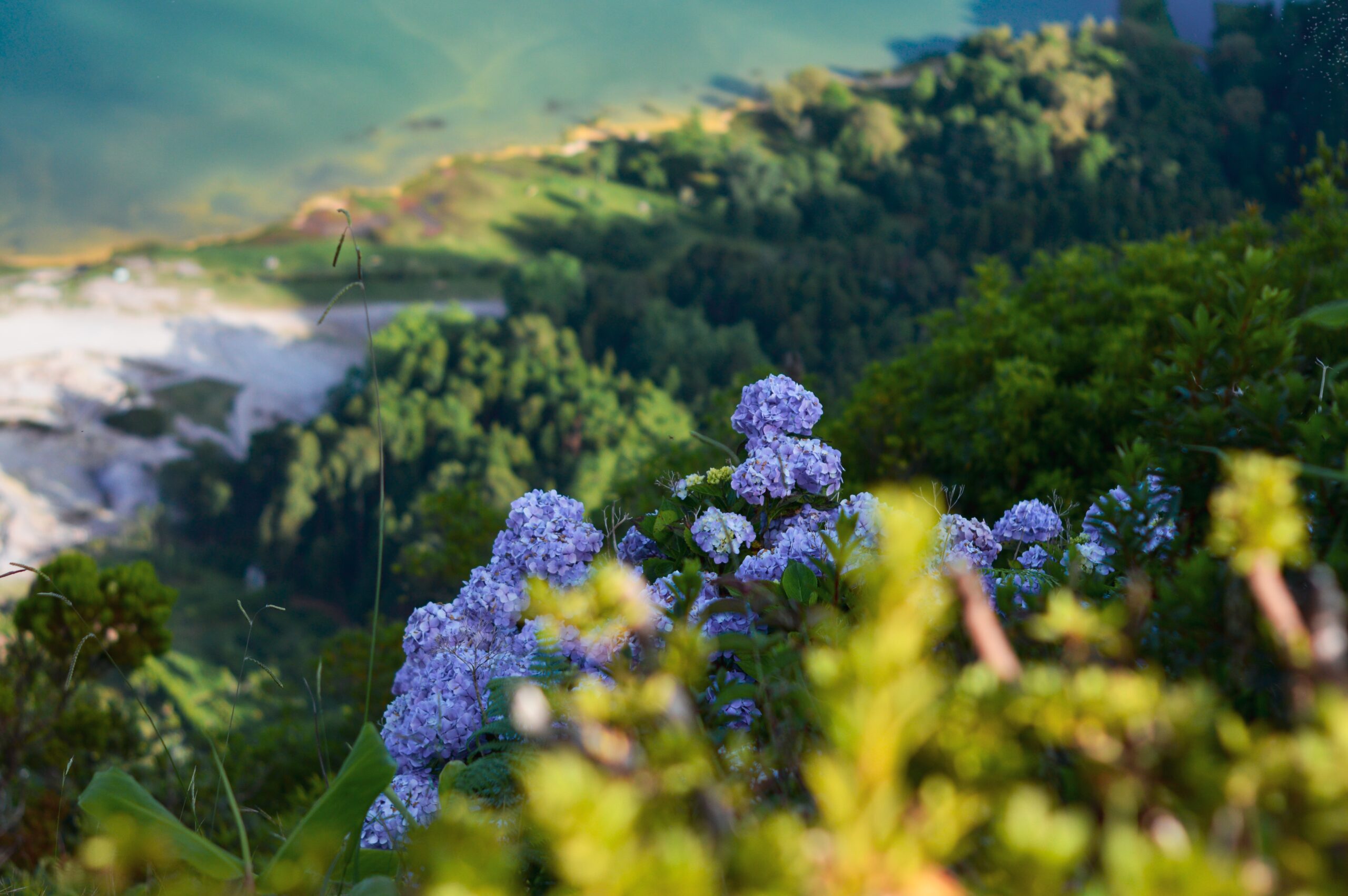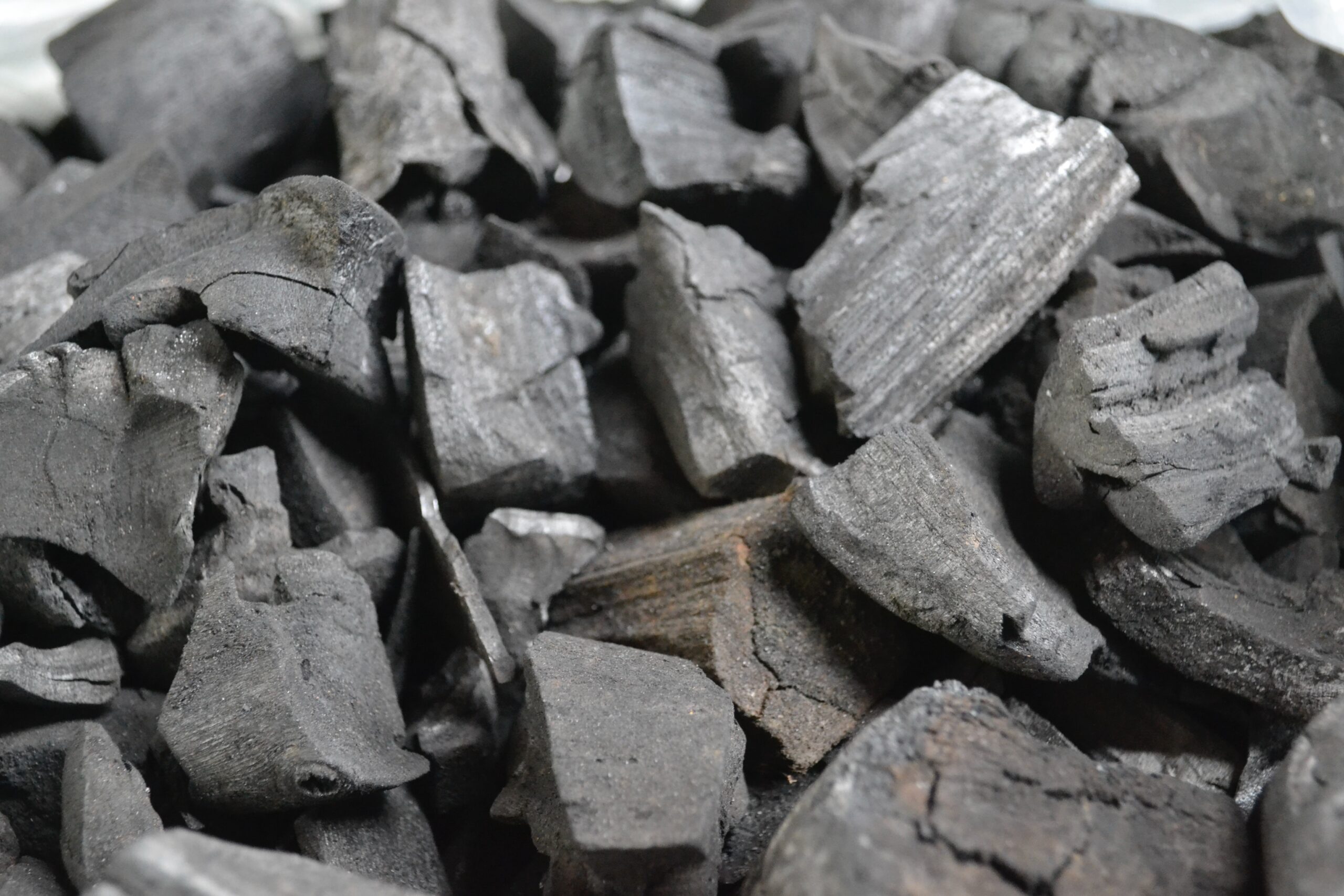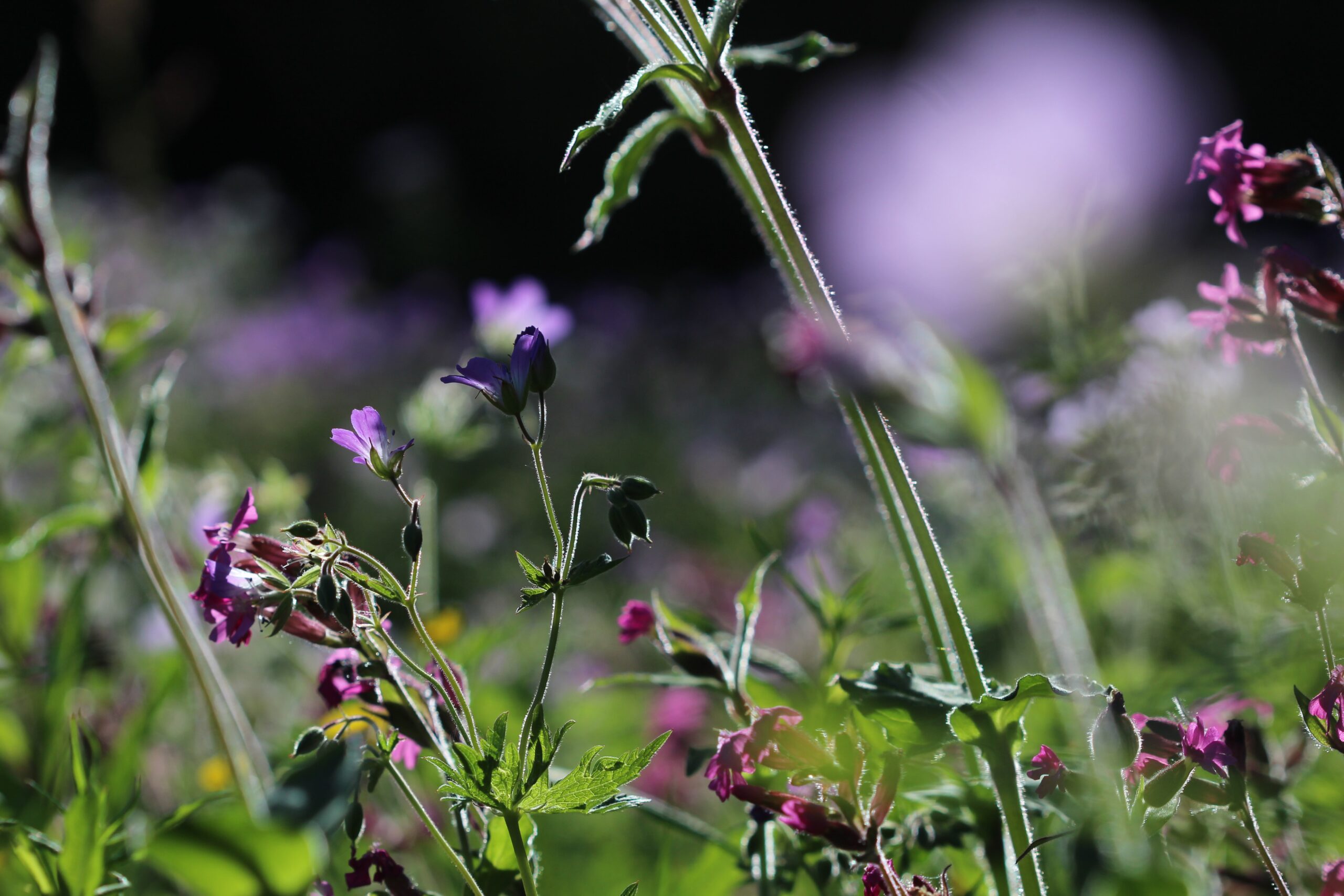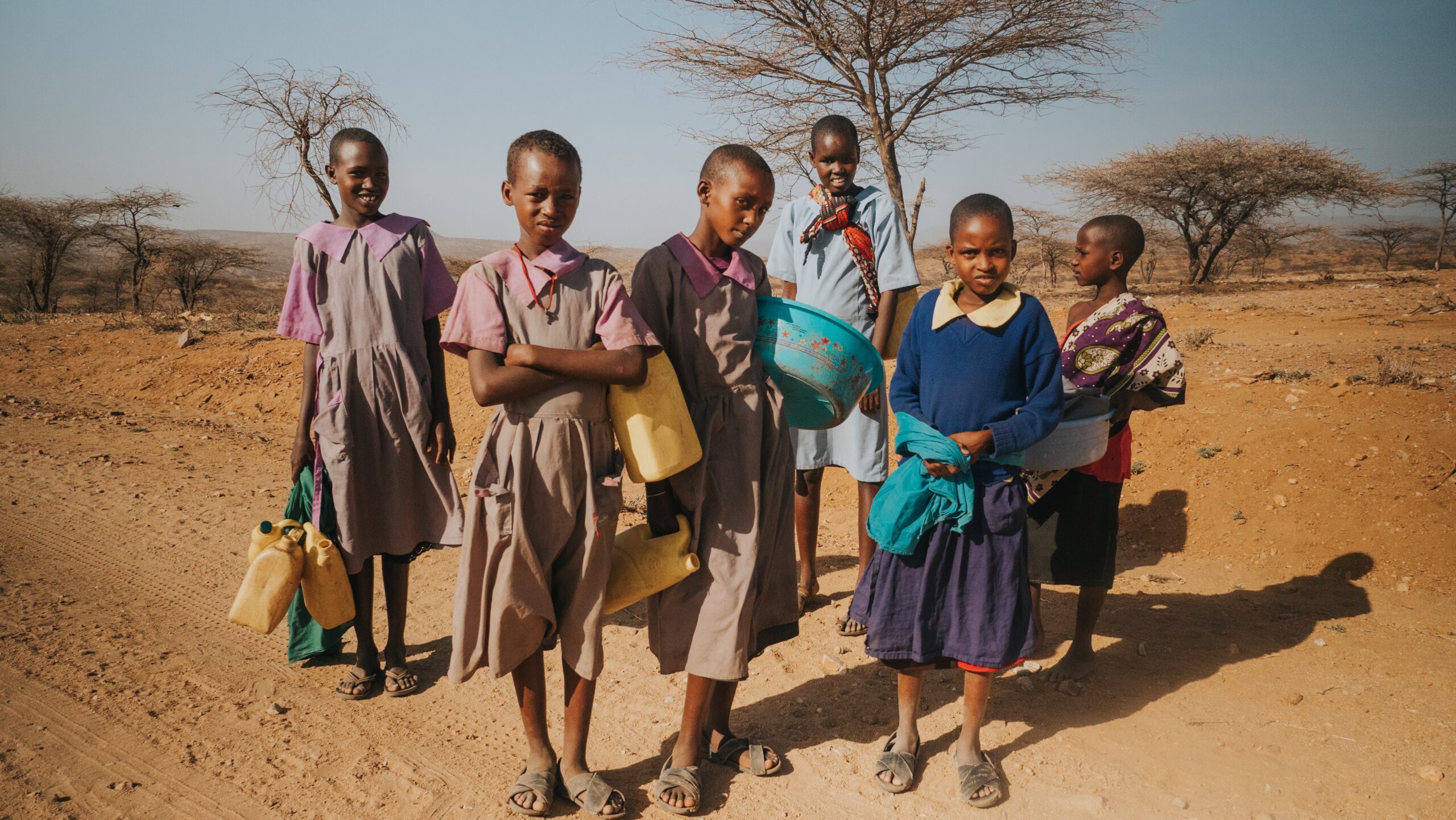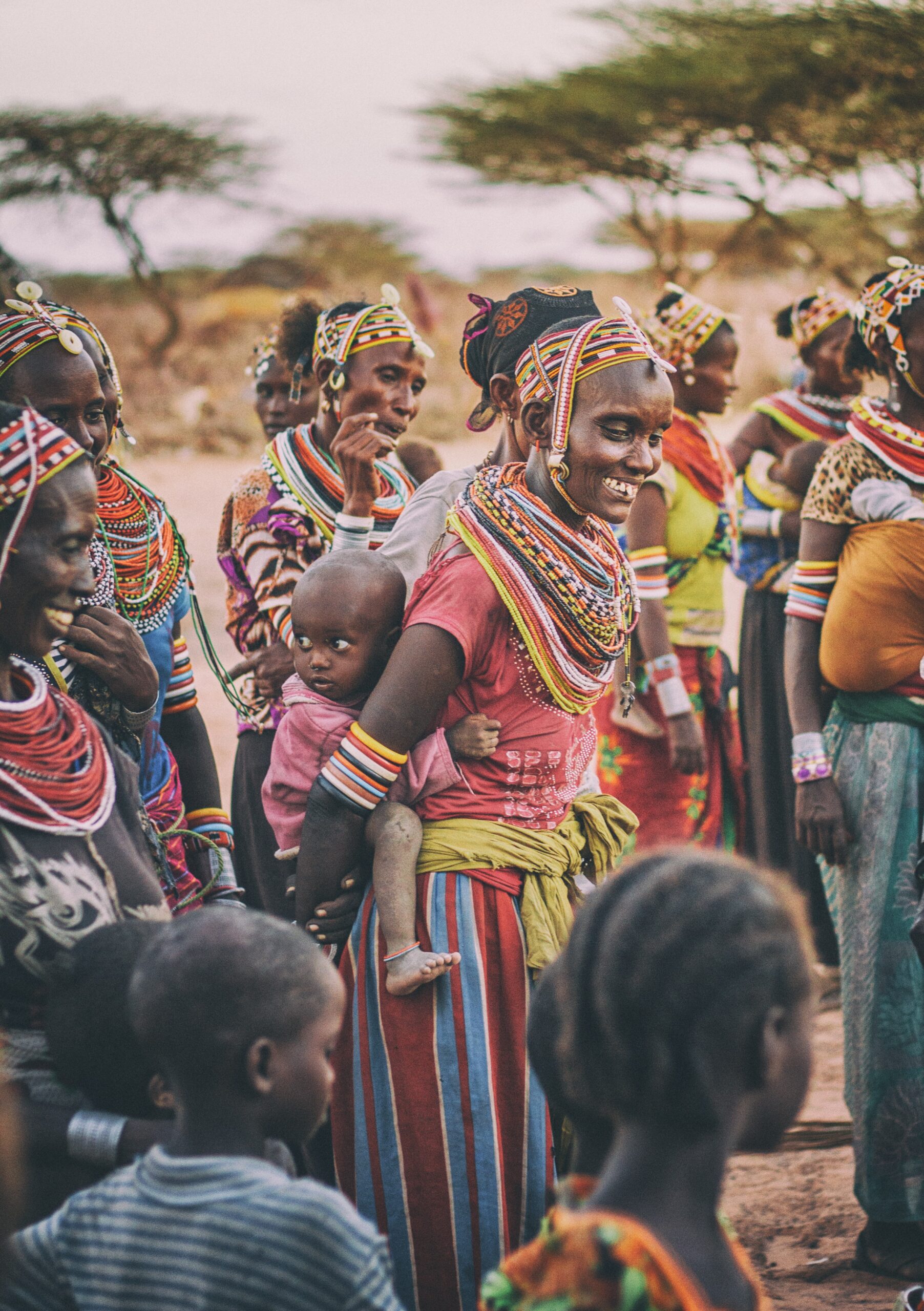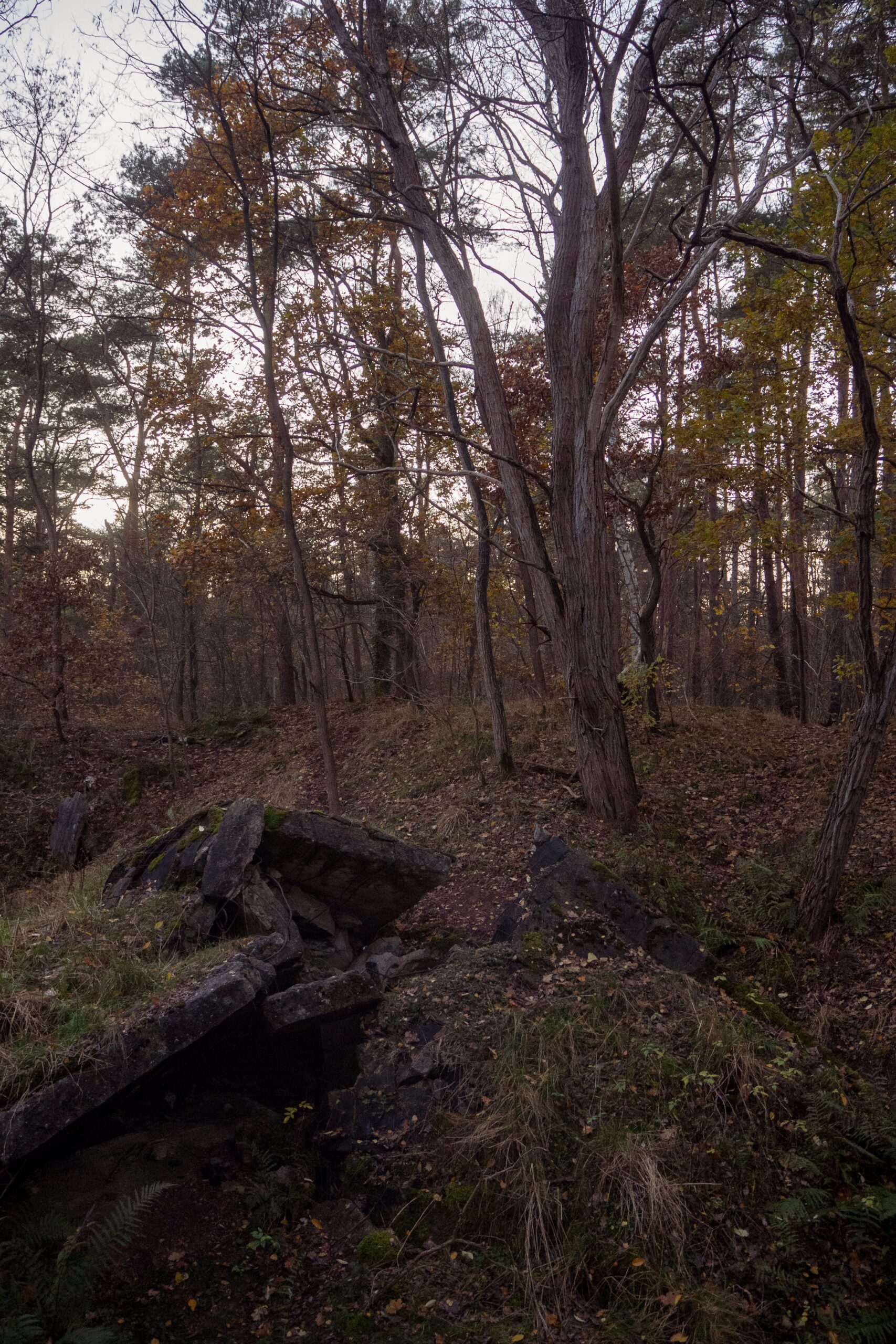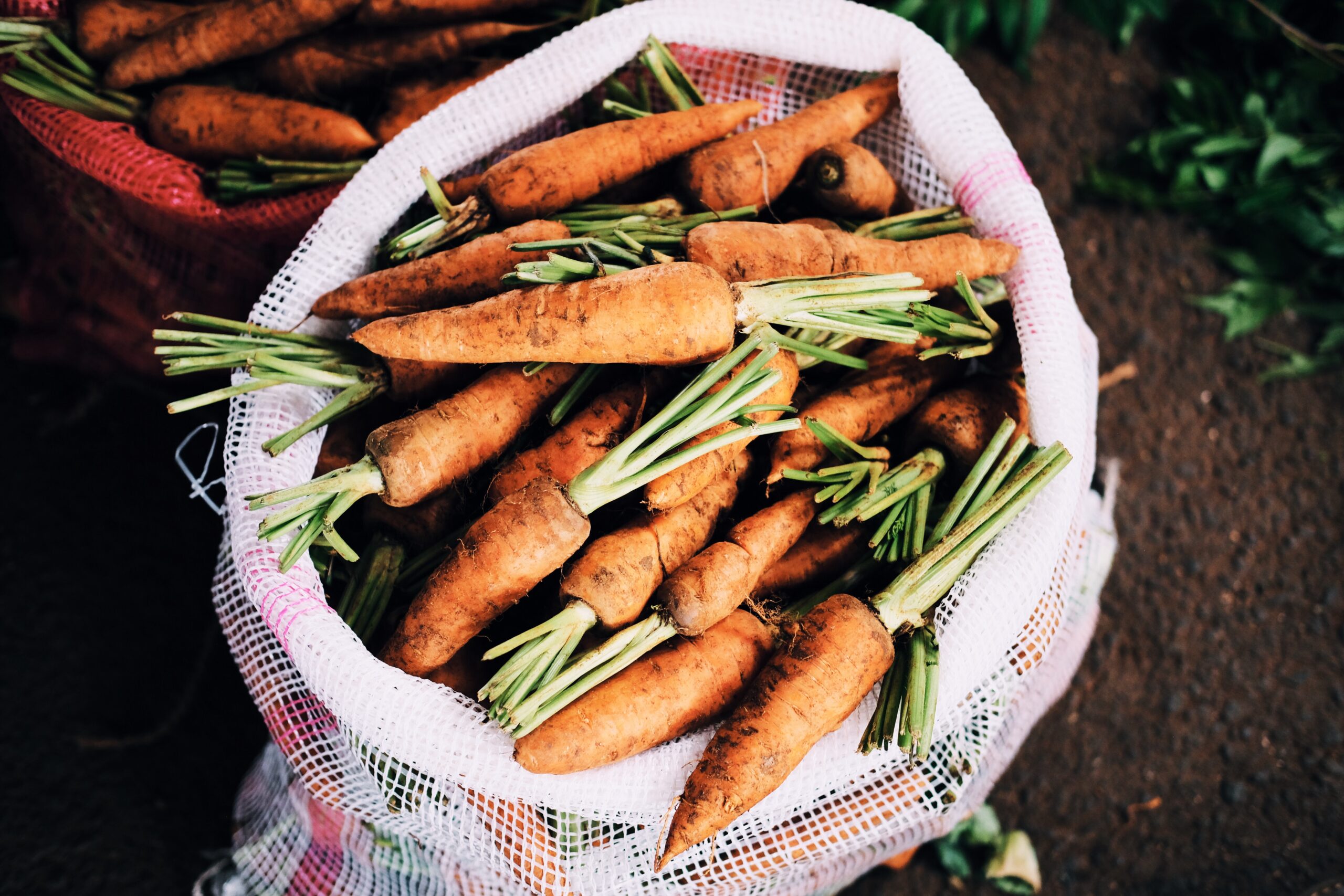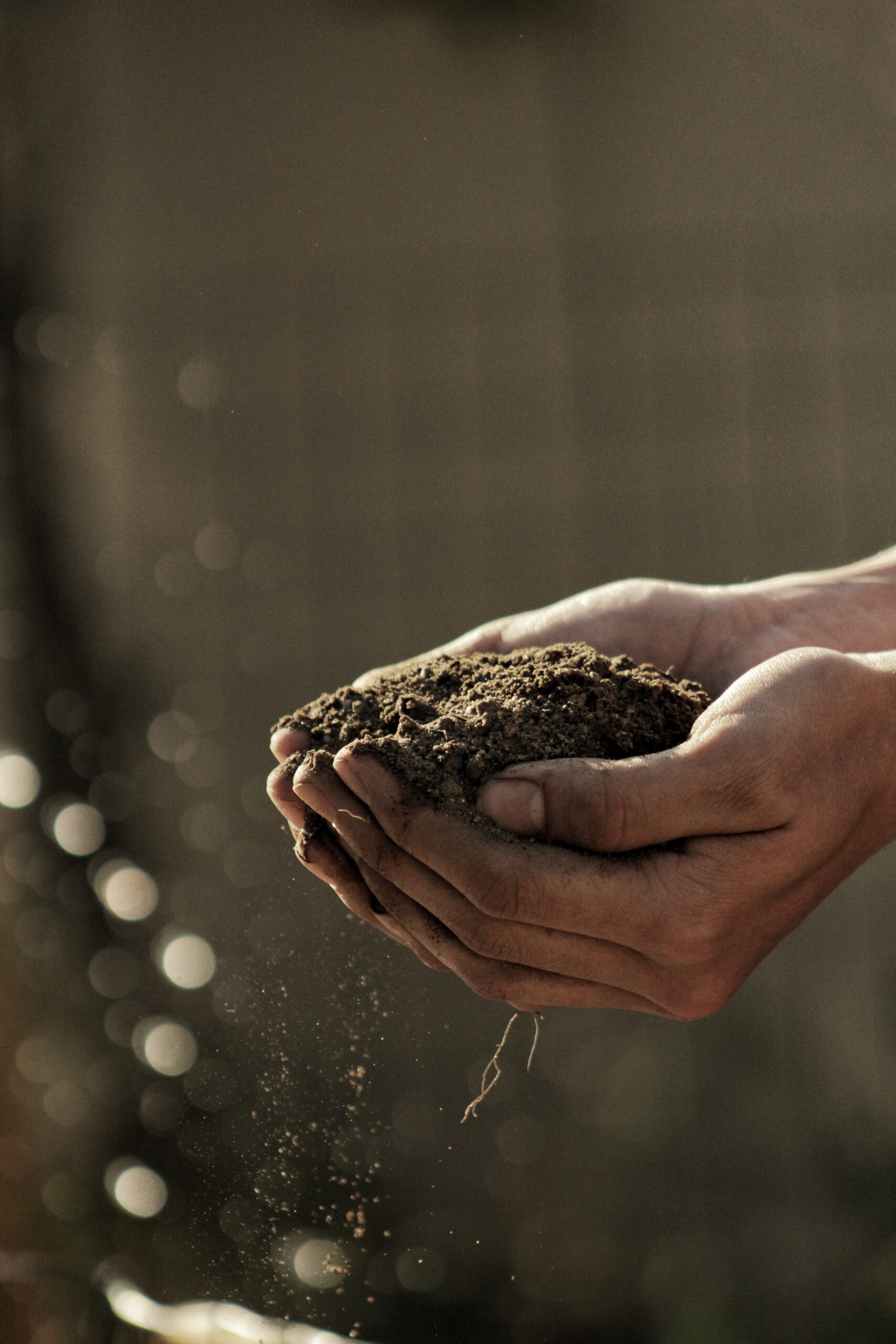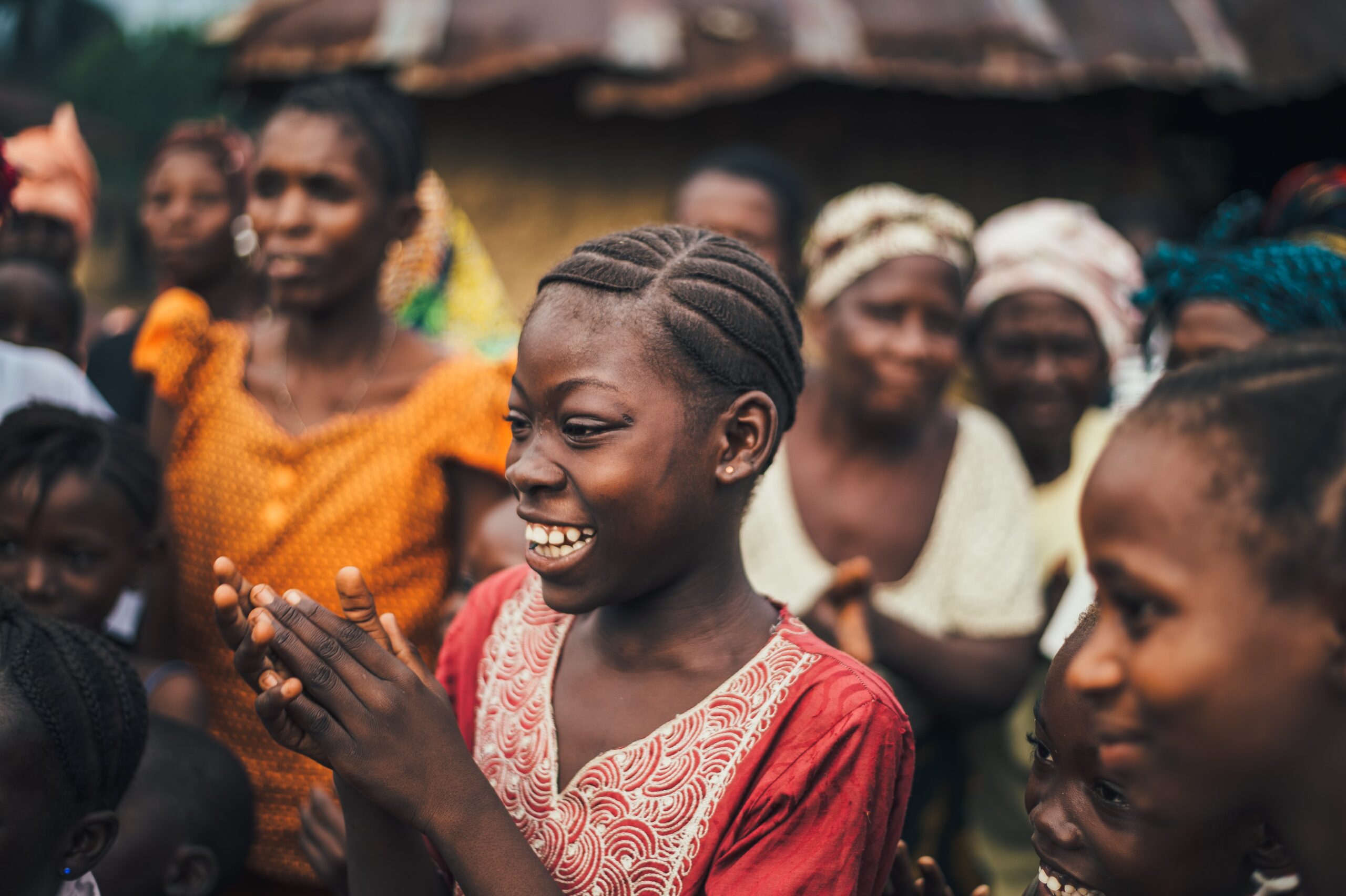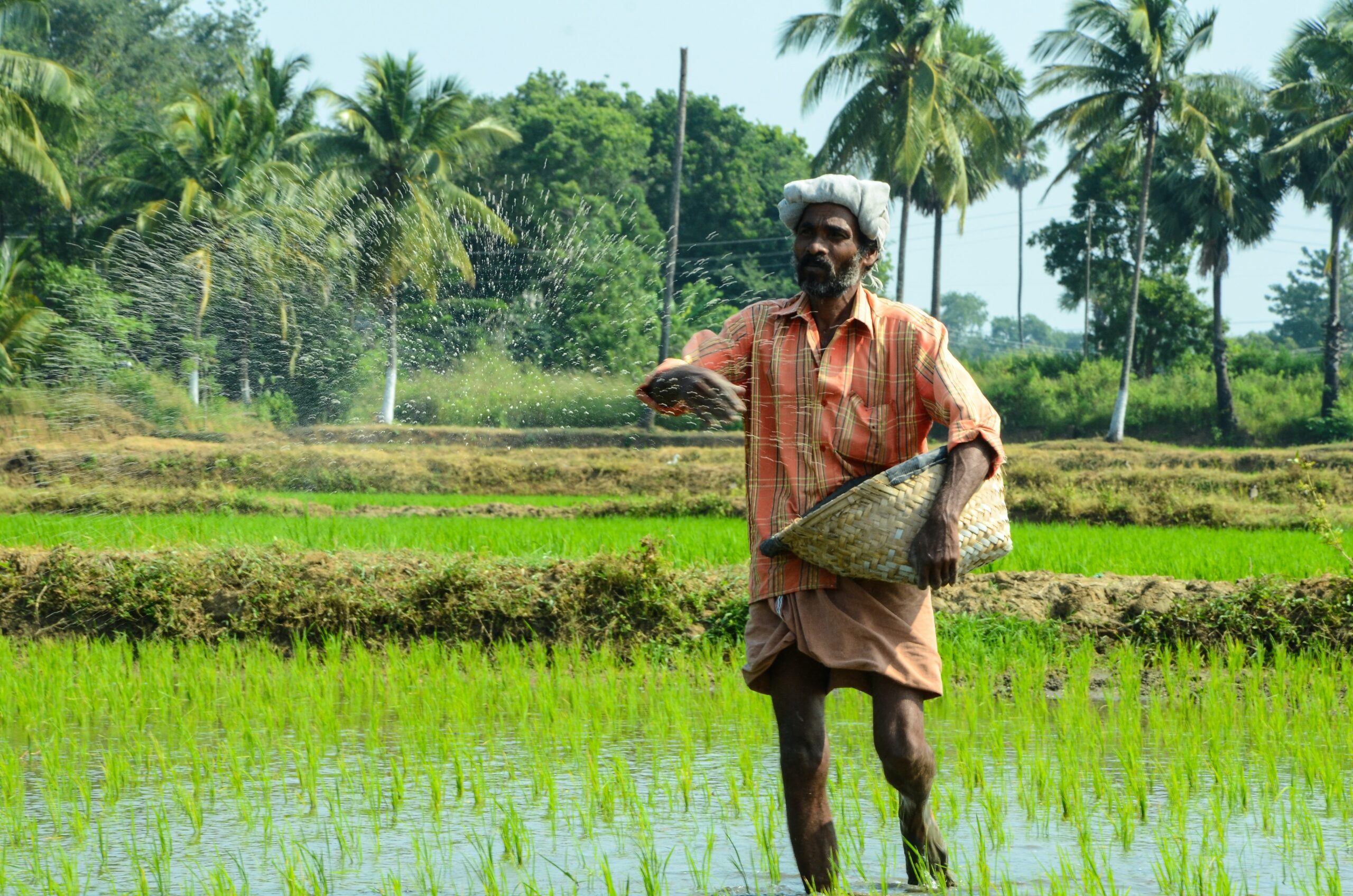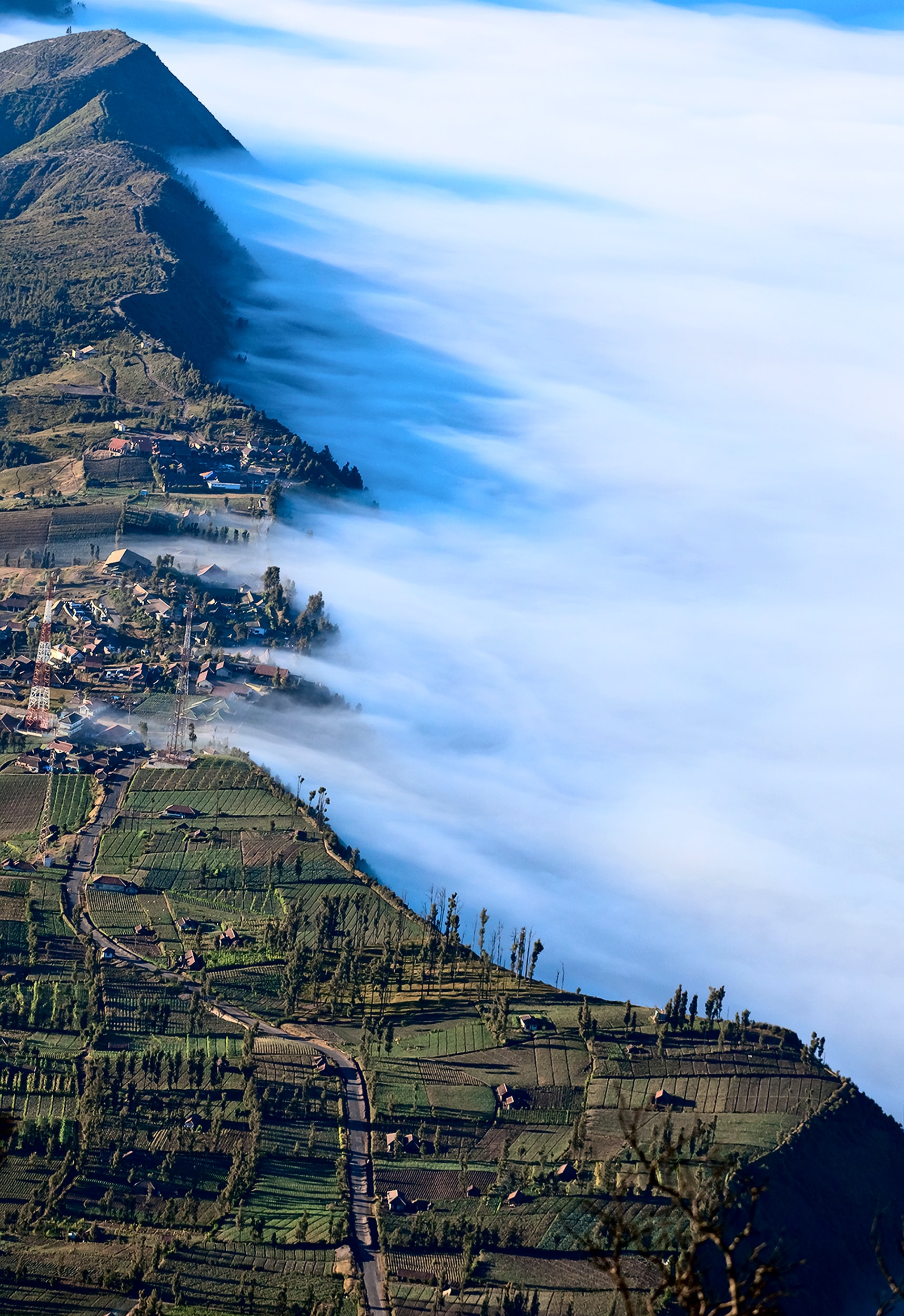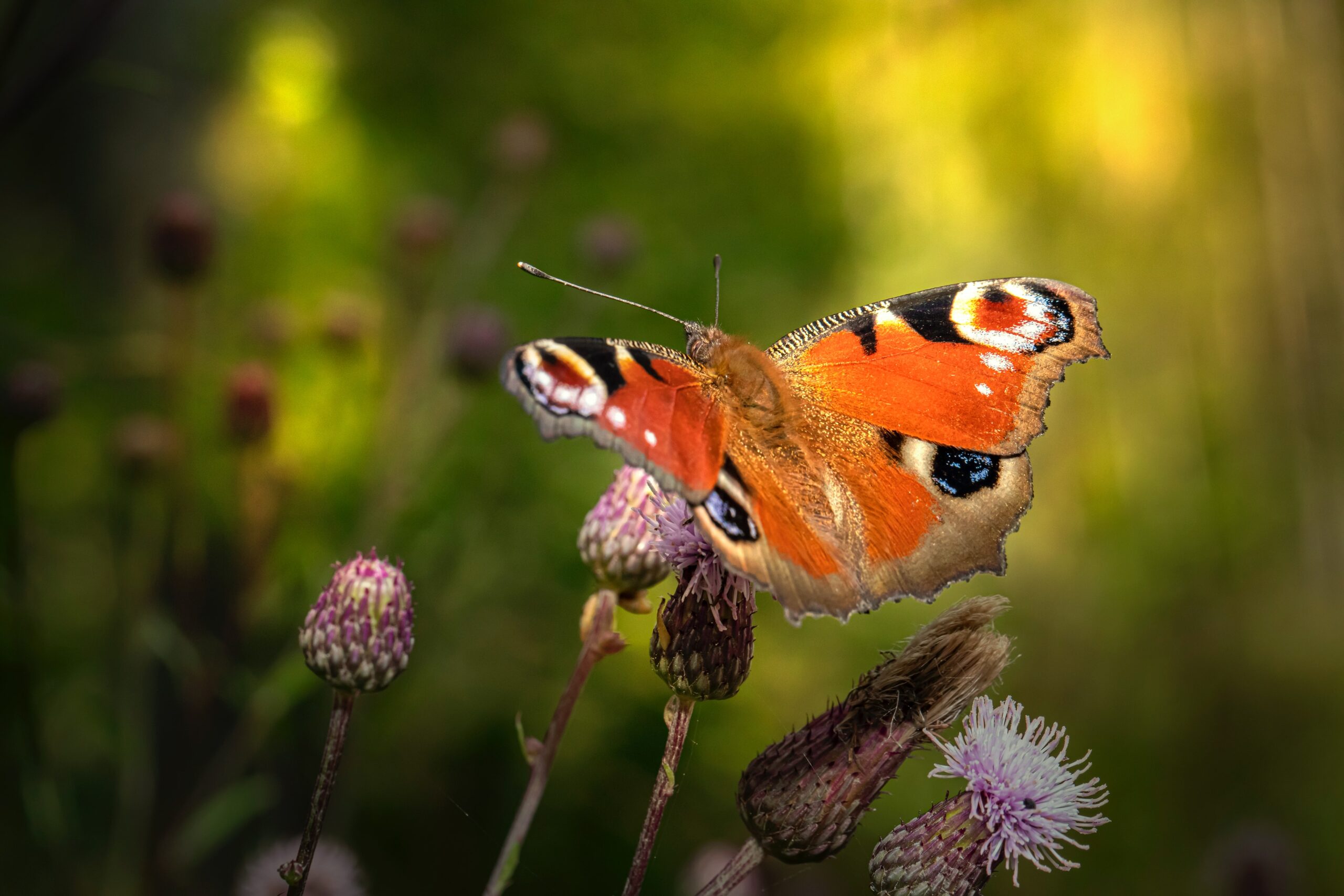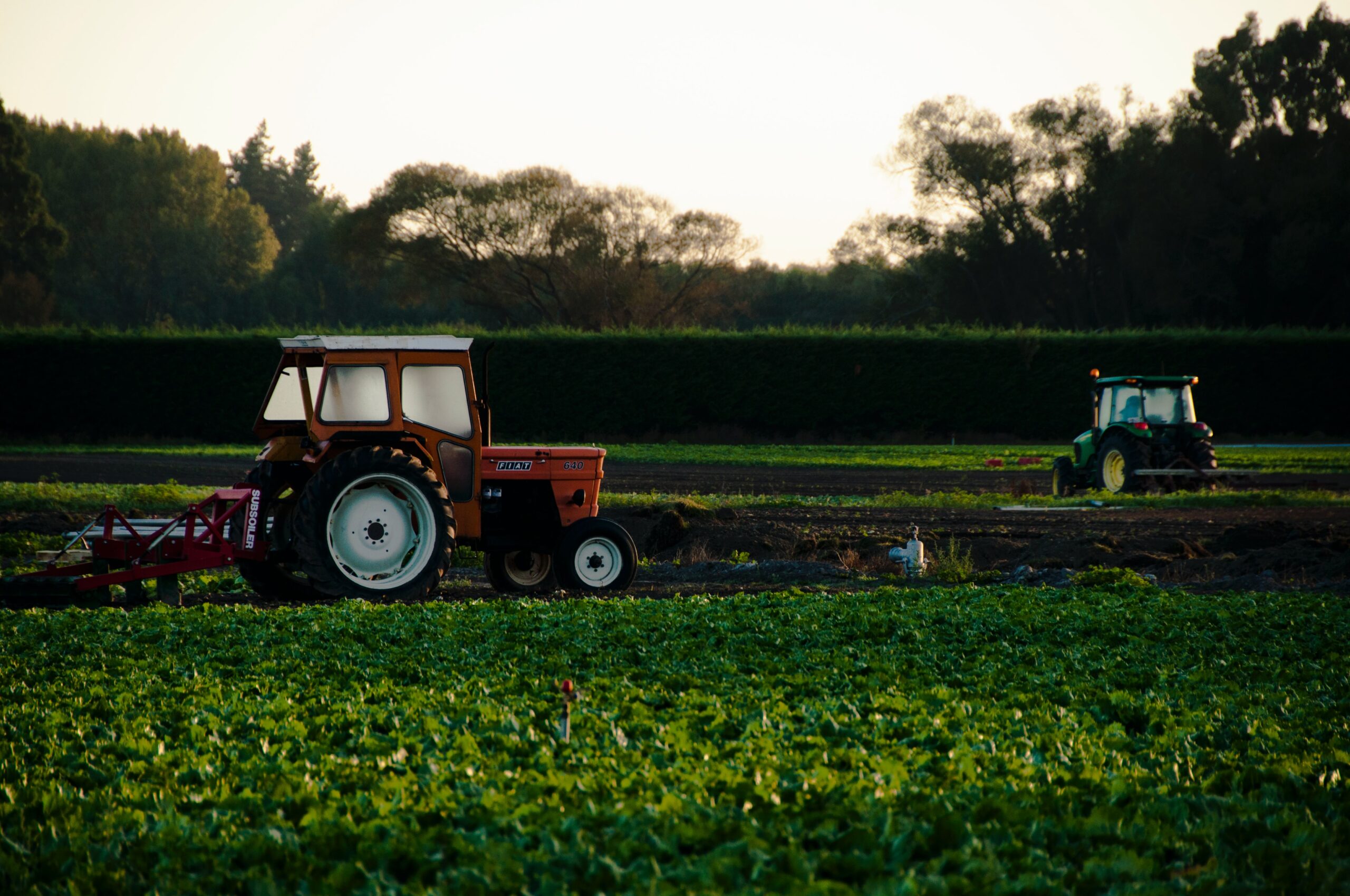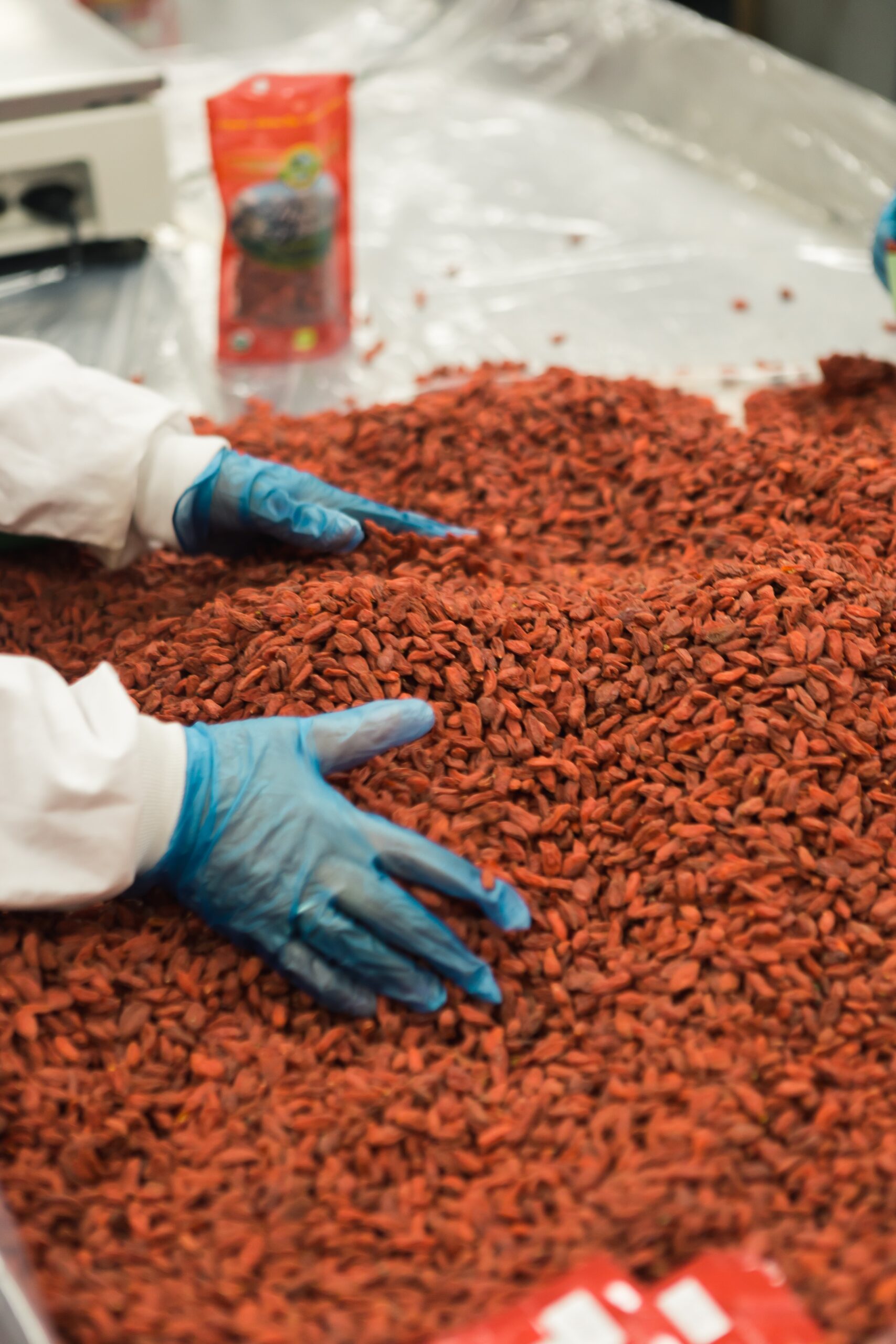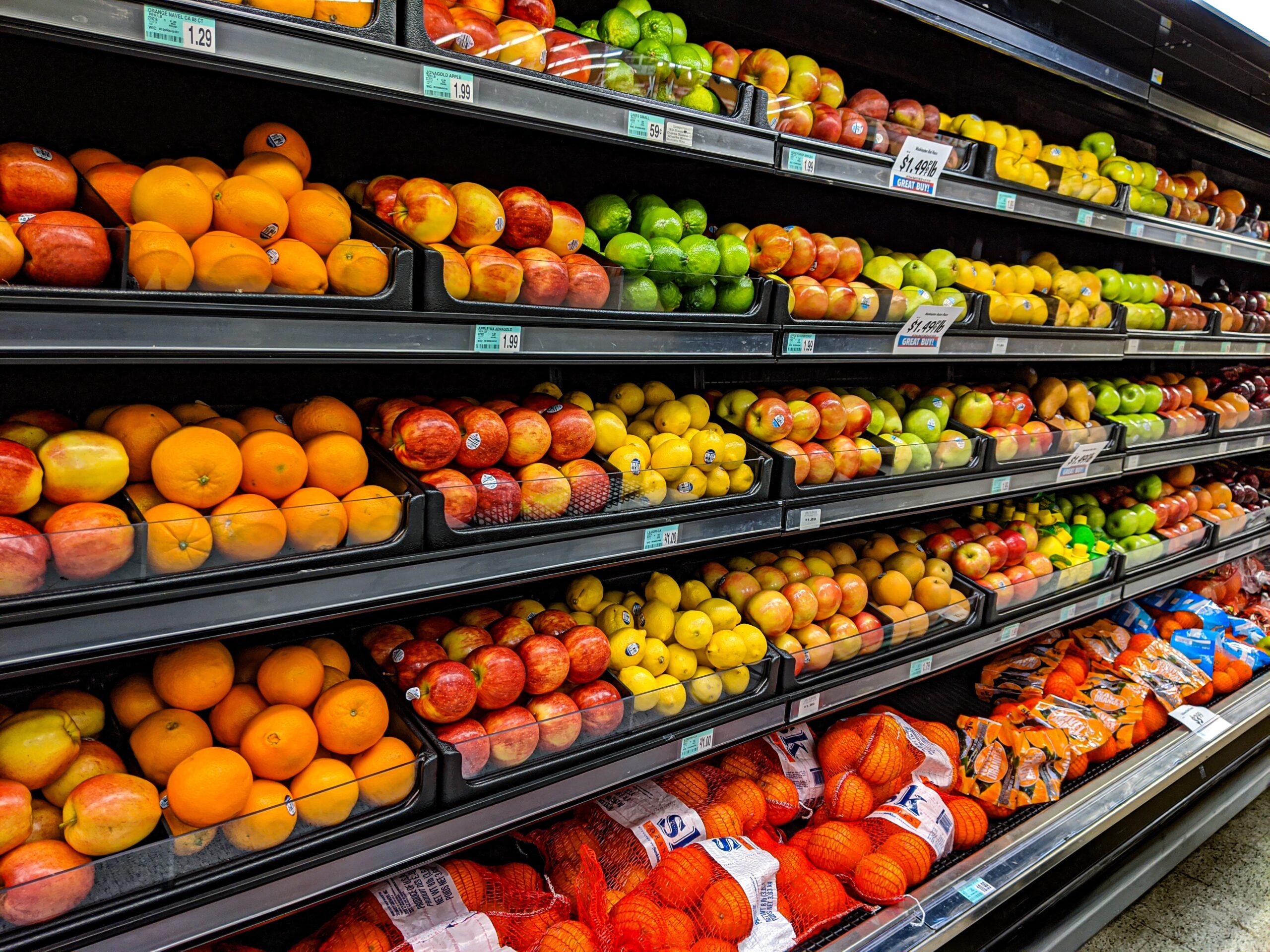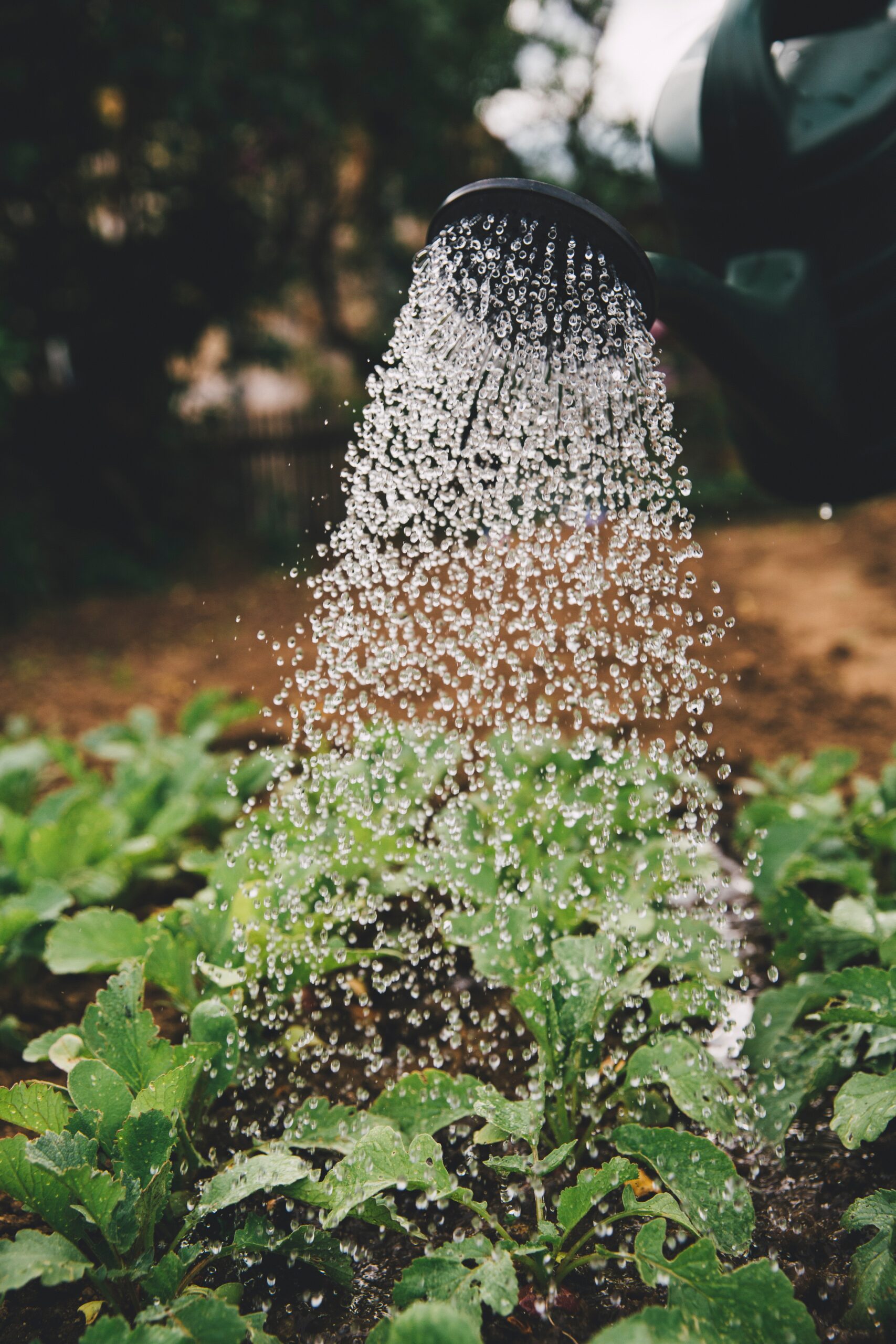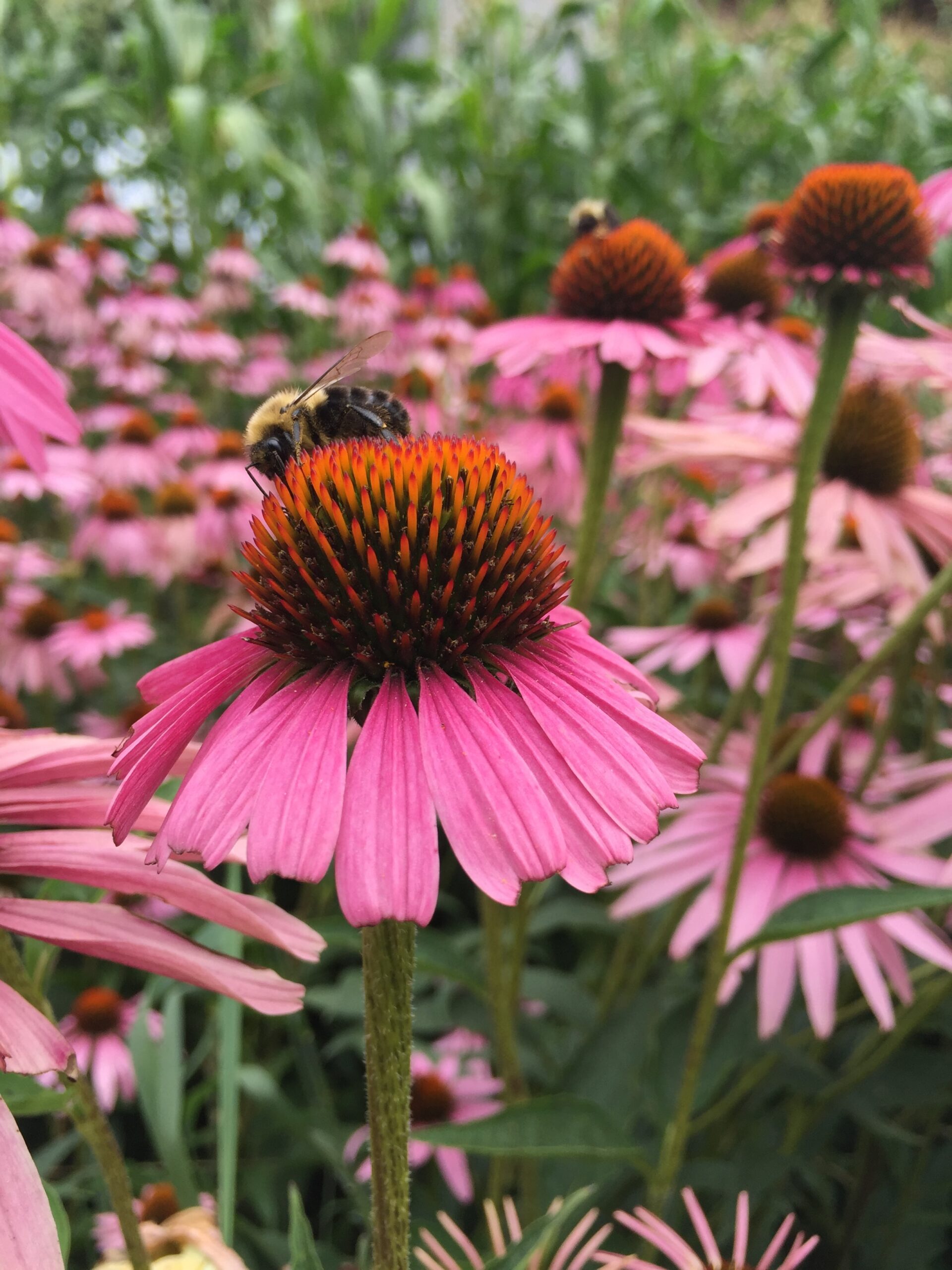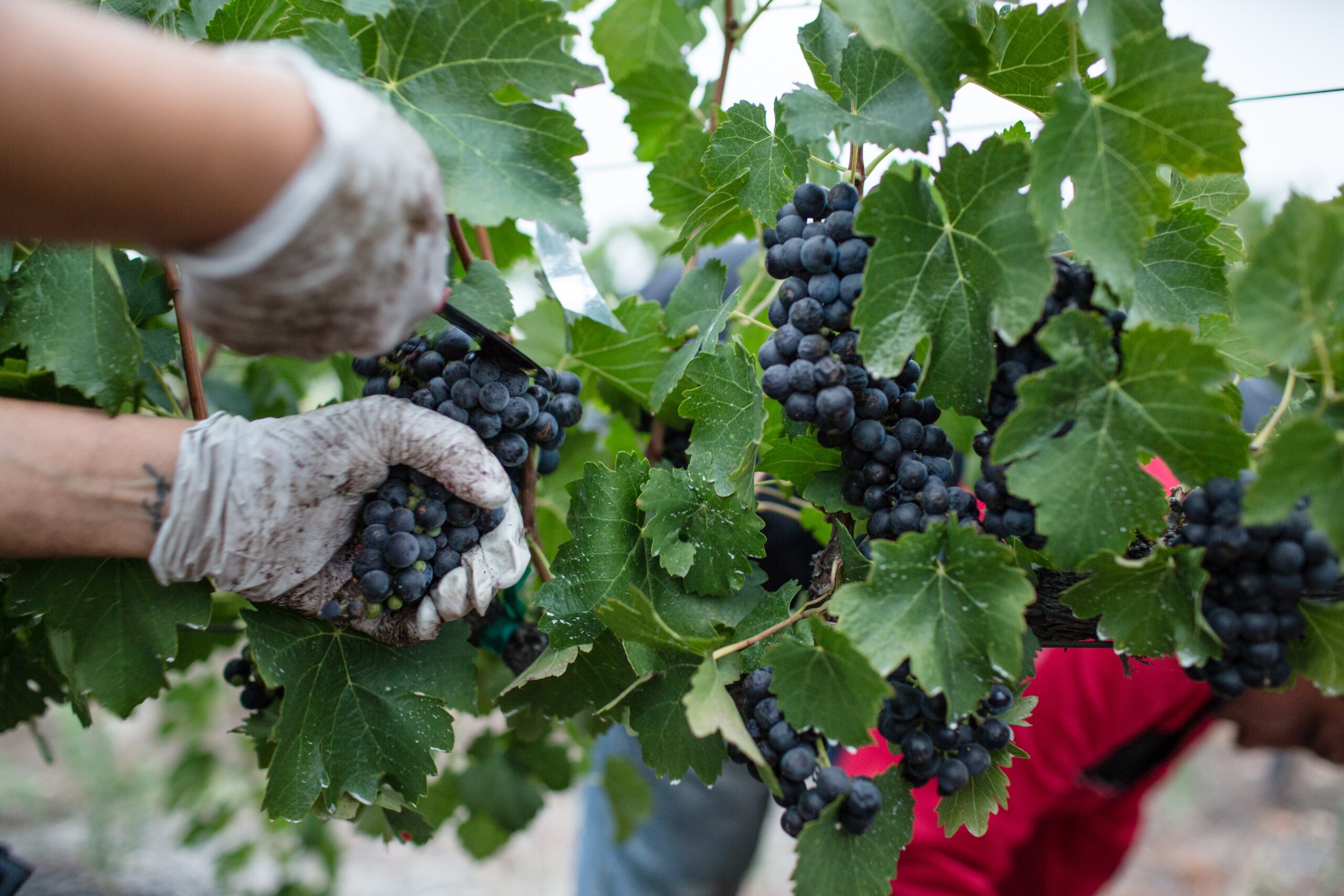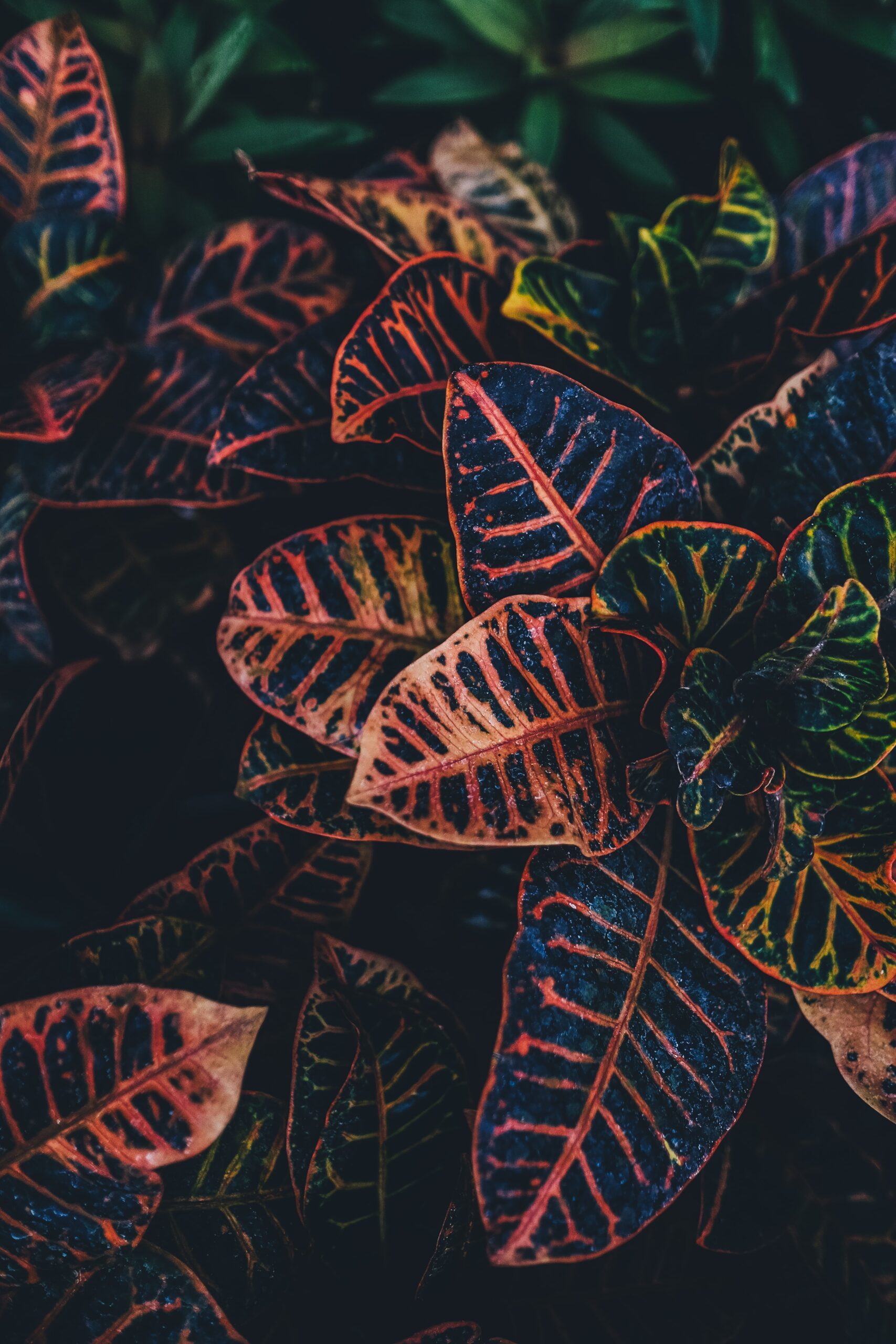Haloxylon ammodendron (C. A. Mey.) Bunge is an ecologically important species in arid regions. Pollen limitation may decrease plant reproduction due to low levels of pollen transfer and inadequate pollen receipt. In arid regions, the pollen limitations of many plant species may be influenced by habitat fragmentation. However, whether pollen limitation and pollinator visitation affect the pollination success of H. ammodendron (Amaranthaceae) in fragmented habitats still needs further study. In this study, we calculated the pollen limitation in natural and fragmented habitats to estimate the effect of habitat fragmentation on pollen limitation. In different habitats, we investigated the relationship between the number of open flowers and pollinator visiting frequency. In addition, we examined how habitat fragmentation affects pollination success through the influence of pollinator visitation rate on seed set. Our results indicated that pollen limitation was the important limiting factor for seed set in fragmented and natural habitats. The results showed higher pollinator visitation rates resulted in a higher percentage of seeds in both habitats. In H. ammodendron, Apis mellifera was found to be the dominant pollinator. These results may support the assertion that plants evolve traits to attract pollinators and pollinators increase their visiting frequency to better exploit the floral resources. We also determined that outcrossing was dominant in the breeding system and that wind pollination played an important role in pollination success. This study aims to contribute to a better understanding of how environmental heterogeneity affects pollen limitation, pollinator visitation, and pollination success in arid regions.









































































































































































































































































































































































































































































































































































































































































































































































































































































































































































































